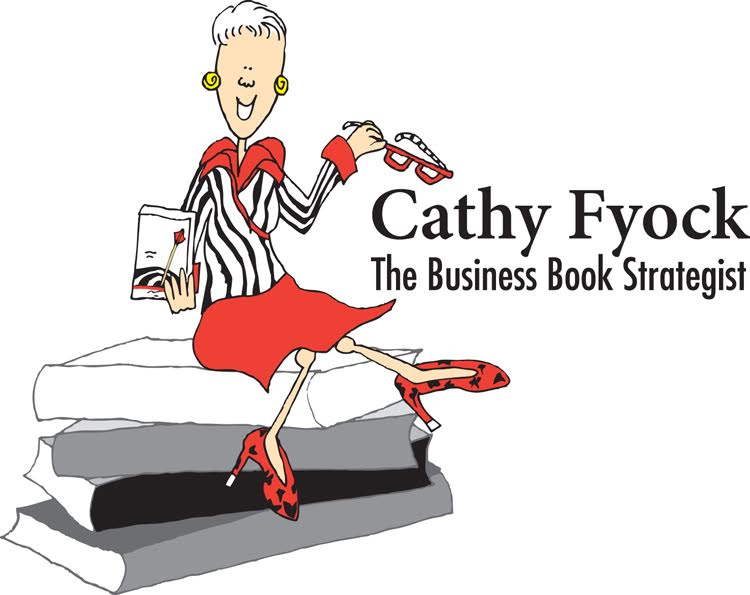As a book coach working with nonfiction authors, I find that many of my clients know their subject so well that they forget to “set the stage” for their readers, leaving their readers feeling lost or disconnected from the content.
What do your readers need to know so that they will feel welcomed, included, engaged, and valued as they read your book? Here are some of the perspectives that readers want as they begin a new book to build their expertise.
- I need to know that this book will address my needs and concerns, and that it will be worth my investment of time.
- I need to understand the context for the information you’re offering. How does your story and information mesh with my problems and issues?
- I need to know that I will be engaged throughout the process, and that your book isn’t a narcissistic “it’s all about me” story. Don’t forget to include me and my concerns as you write.
- If you’re offering a process or solution, I need to know how you came to this solution. What happened that caused you to be in this situation? How did you resolve this issue? What did you learn that will help me?
- I need to know that your ideas are the result of your experiences, but I also want to know that there is a solid foundation for your ideas. I want to know who has influenced your thinking and your perspectives.
How do authors set the stage for readers?
- Begin with an introduction or letter to the reader to speak directly to your readers. What do they need to hear? What should they know about you?
- Let the reader know about the problem you help them solve. This gives your reader a reason to read the entire book.
- Watch for jargon or “insider” language, and include definitions that may be helpful. Some authors include a glossary when there are many new vocabulary words.
- Begin with a story, and use them generously throughout your book. Stories are sticky, and they are engaging. Stories can be about you, about your clients, or others, say, from current events or literature.
- For every point, include a story, an example, a quote, an anecdote, or other description so that your point is brought home to the reader.
- Include information in About the Author that helps your reader understand your unique perspective on the topic as well as something personal that connects with readers.
Ensure that you’re a good host for your readers by introducing the important elements so they will be engaged throughout your book.

